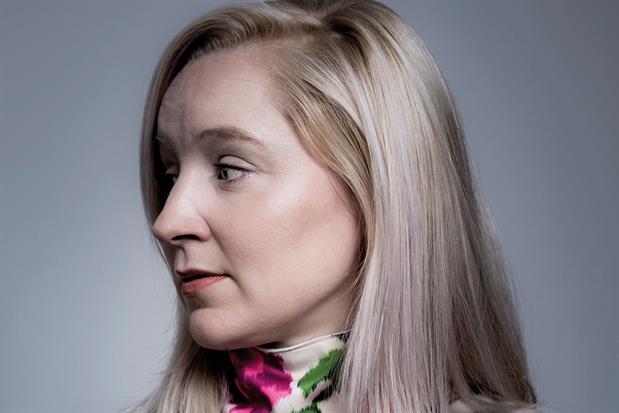The creative industries have a unique opportunity to establish space for consumers and employees to truly be themselves.
Psychologists tell us high-stress situations affect our perceptions: space contracts, perspective collapses, creativity flounders. Is it any wonder in post-Brexit Britain, where, economically and emotionally, consumers and businesses are coming to terms with their place in the world, that the concept of "self-care" is becoming a mainstream consumer trend?
Add in the impact of the ever-present smartphone in our pocket and it isn’t surprising that our capacity for empathy is rapidly diminishing. For while technology means we may be more connected than ever, research points to a growing desire for disconnection. Canvas8 found that 61% of Brits wish they could disconnect sometimes; 26% think about it daily.
For the creative industries, the impact of stress could have a significant impact not just on employees’ mental wellbeing but on creative output. Speaking at the Diversity In Media and Advertising Summit last month, Farrah Qureshi, chief executive of Global Diversity Practice, said bias and stress share the same mental space. So, overloaded employees revert to the comfort afforded by stereotypes born in equal parts of fear and fatigue.
Against a backdrop for agencies of ever-expanding client projects and diminishing budgets, it is easy to see why the concept of self-care or creating space might be reduced to a side-hustle. One industry leader even quipped recently that diversity is simply a "distraction".
In business-leadership circles, the concept of bringing your "whole self" to work may have gained traction, but creative businesses must carve out the investment and space to make it a reality for every single employee.
Recent research by TimeTo into sexual harassment in advertising shows that, if you are a woman working in the industry under the age of 25, there is a one in five chance that you will have been sexually harassed during your career.
As the #metoo movement continues to make an impact on the industry, business leaders are facing up to a fundamental shift in culture, society and employee expectations. Far from being a distraction, the task of creating open, inclusive cultures is business-critical.
Speaking at a Bloom event last month, Lindsay Pattison, chief transformation officer at WPP, got to the heart of the issues facing the industry.
"You have to have a flexible working environment, you should be able to work from home, from different offices, at airports. You have to be flexible about children and about which parent is dropping off and picking up, and not be rigid about that. Have parental leave, not maternity or paternity leave. Employers have to get with the programme," she said. "The challenge is most leaders are baby boomers and Generation X, and most people that work in our industry are millennials or Generation Z."
She added: "Some leaders roll their eyes and say the problem with millennials is that they aren’t loyal and want the whole world, but why not [aim for that]? If you don’t lead in an open, transparent, clear way, if you withhold information, if you use hierarchy, if you hide behind your control of a spreadsheet and your IQ, you need to move out or move on." The message is clear – create the space for change, or get out of the way.
Nicola Kemp is the trends editor at 北京赛车pk10



